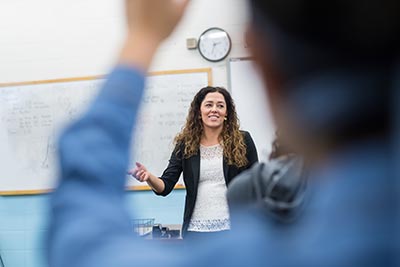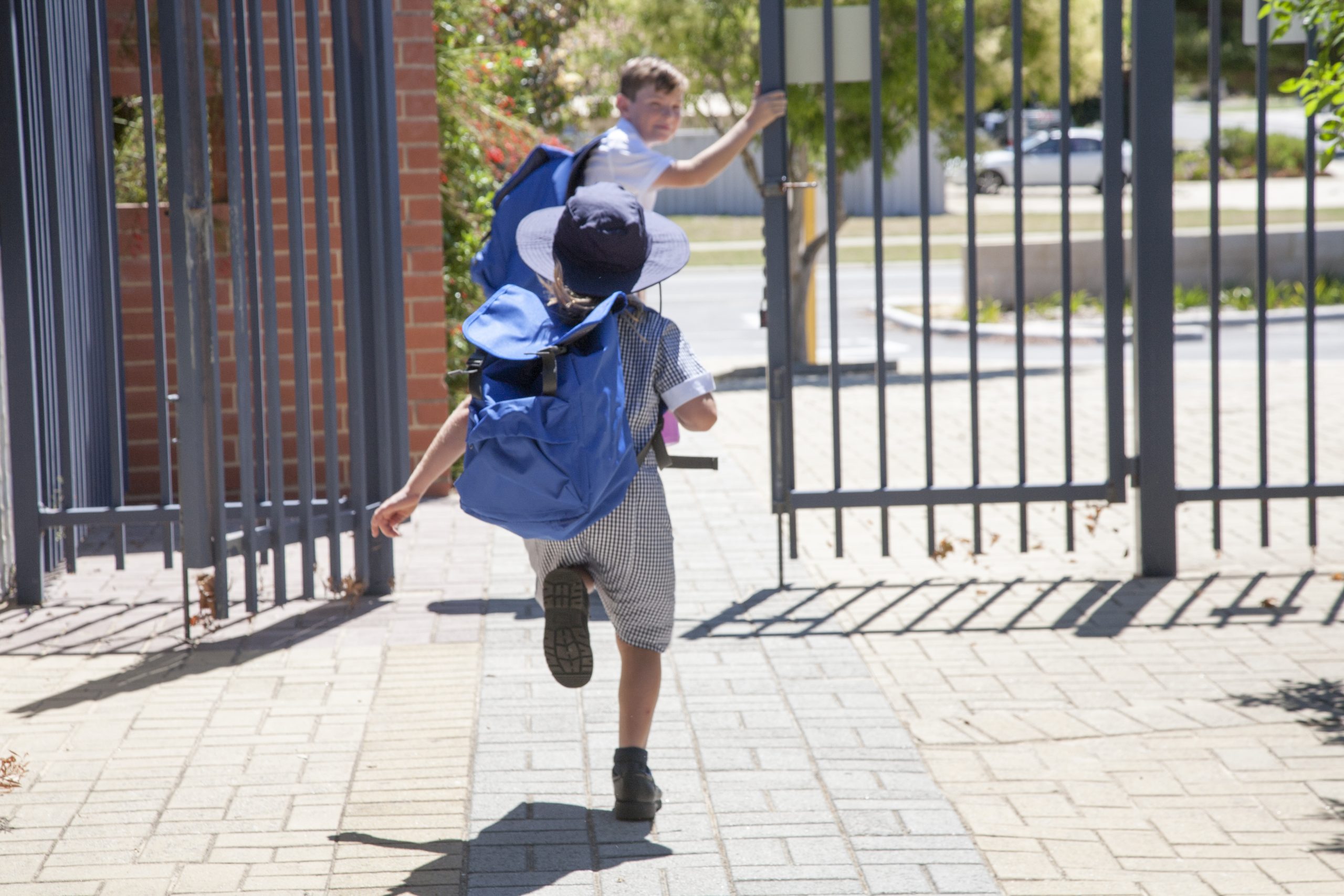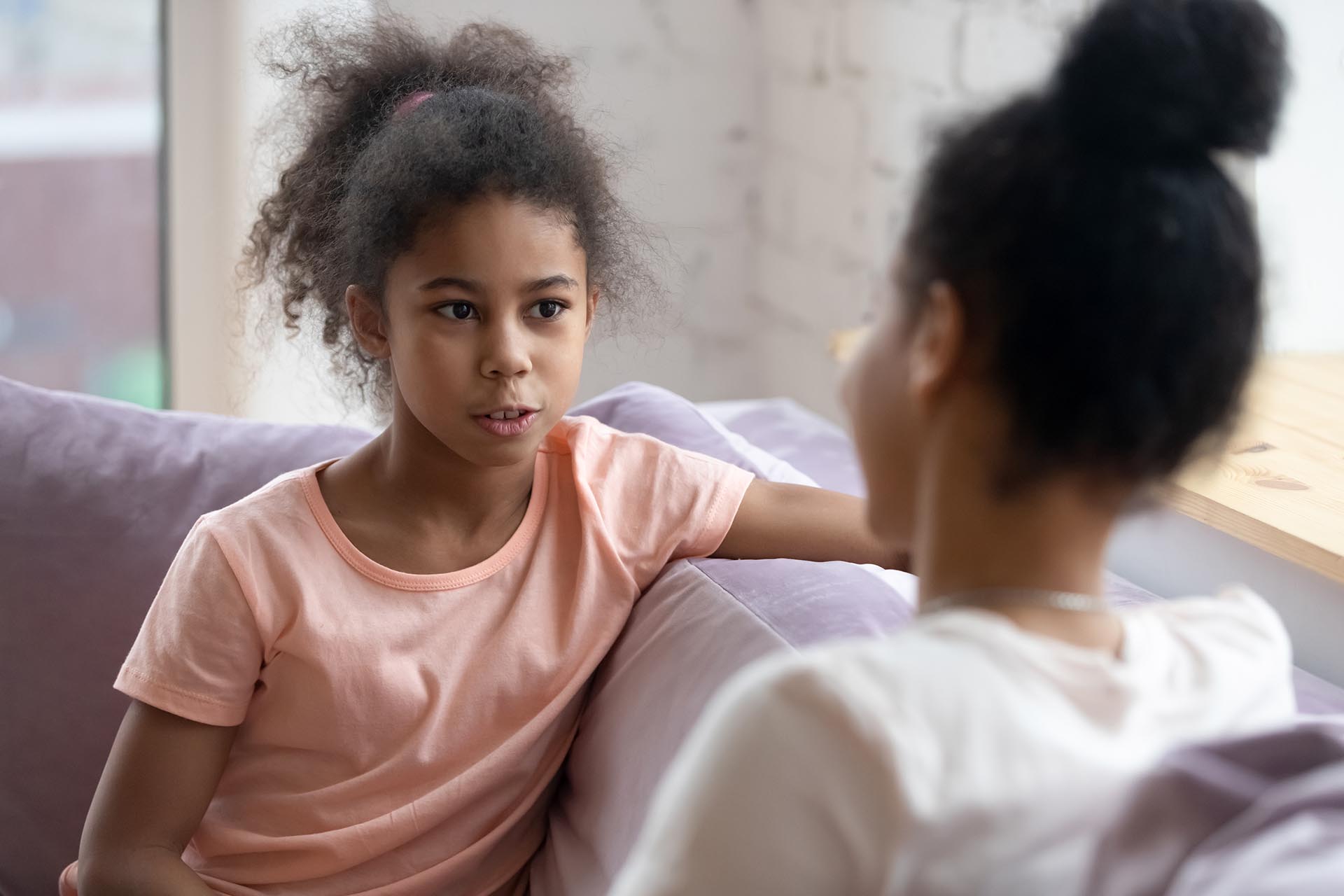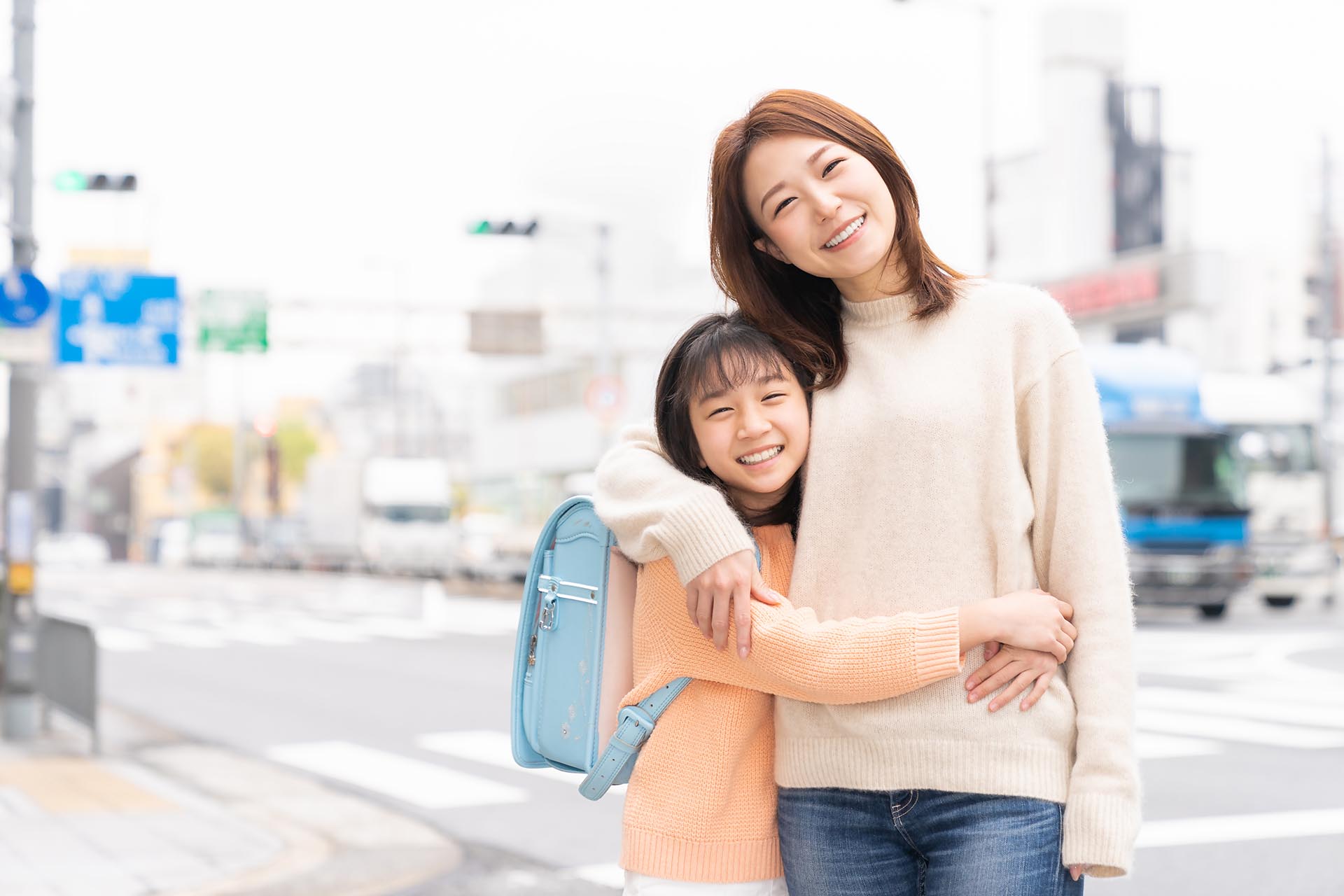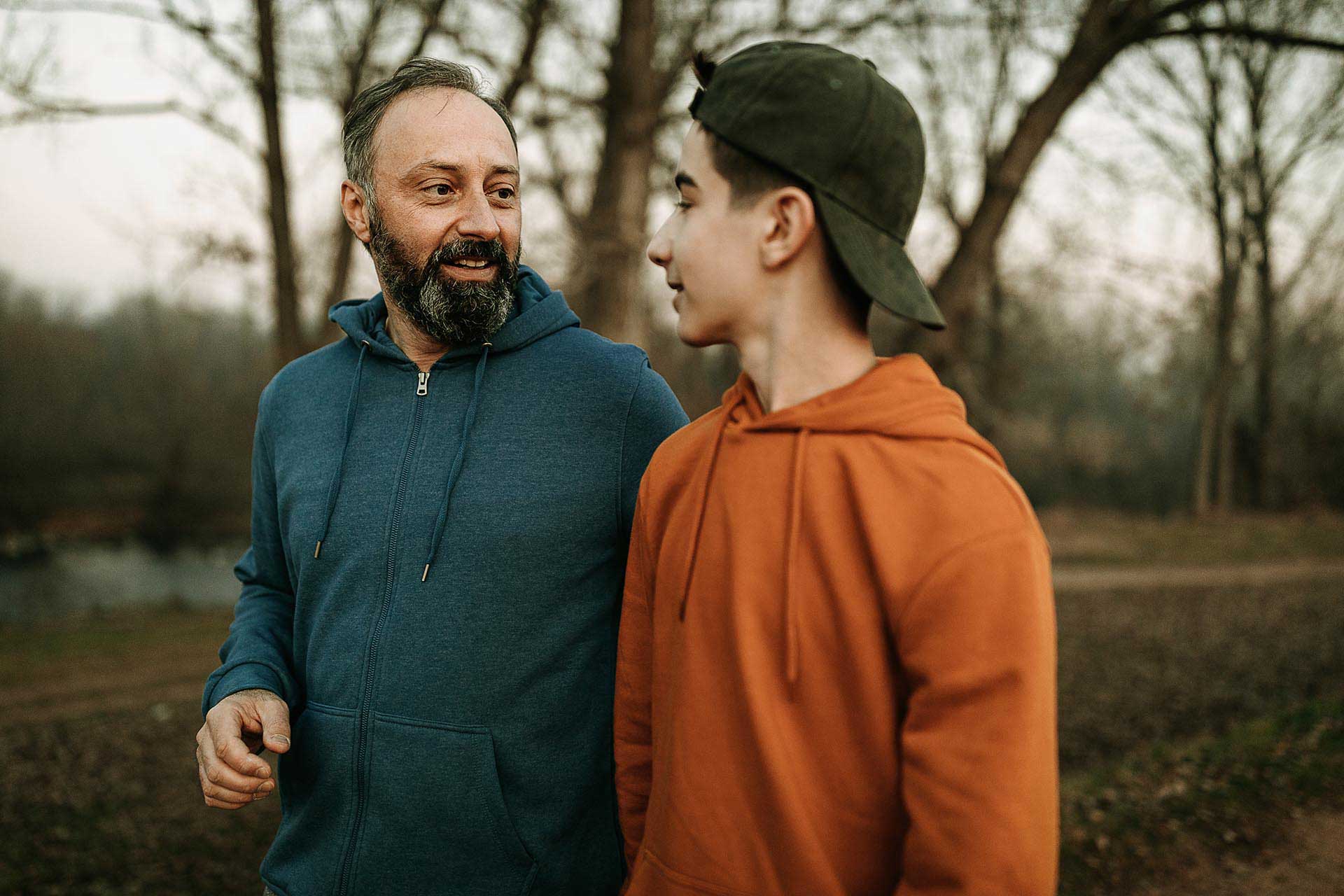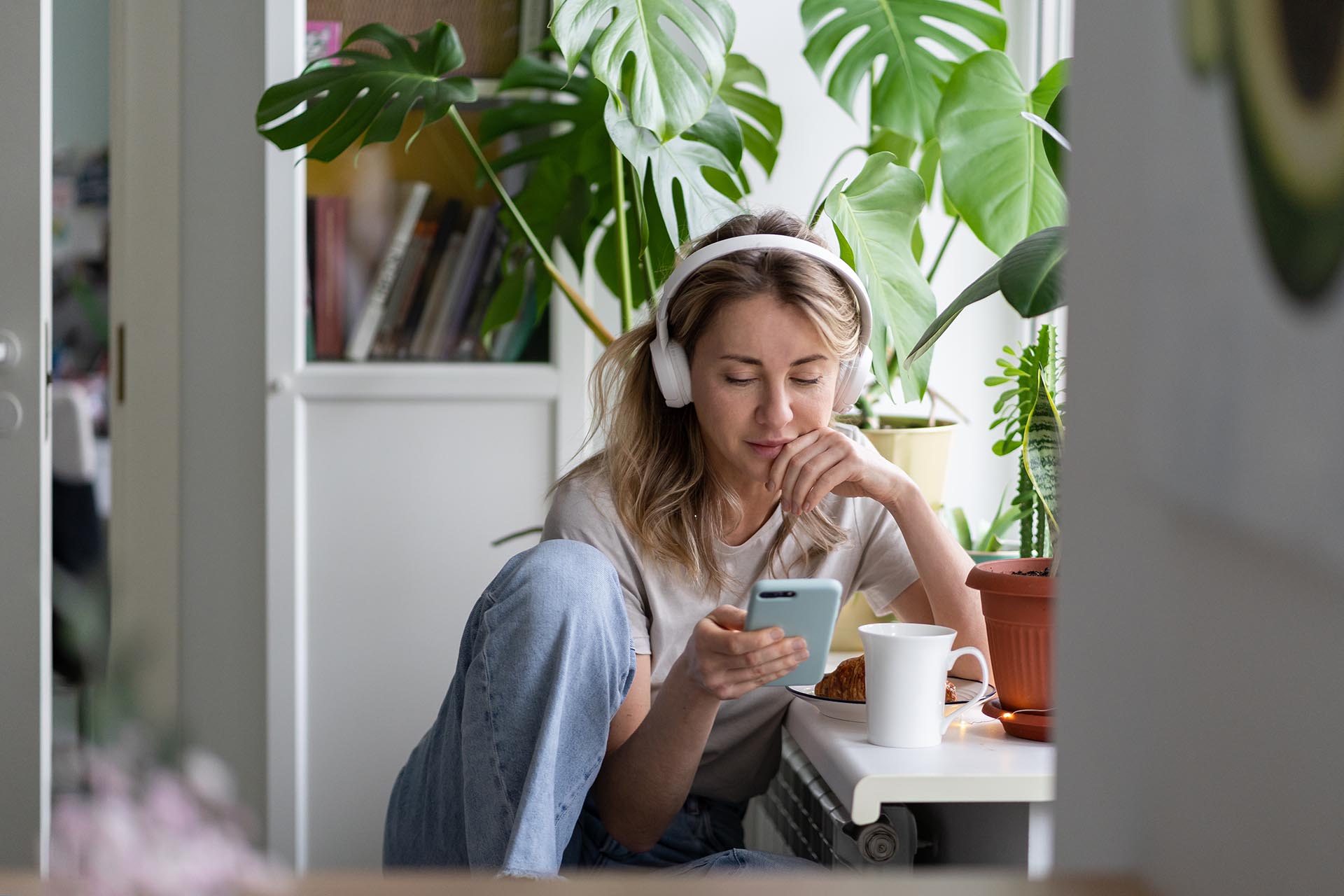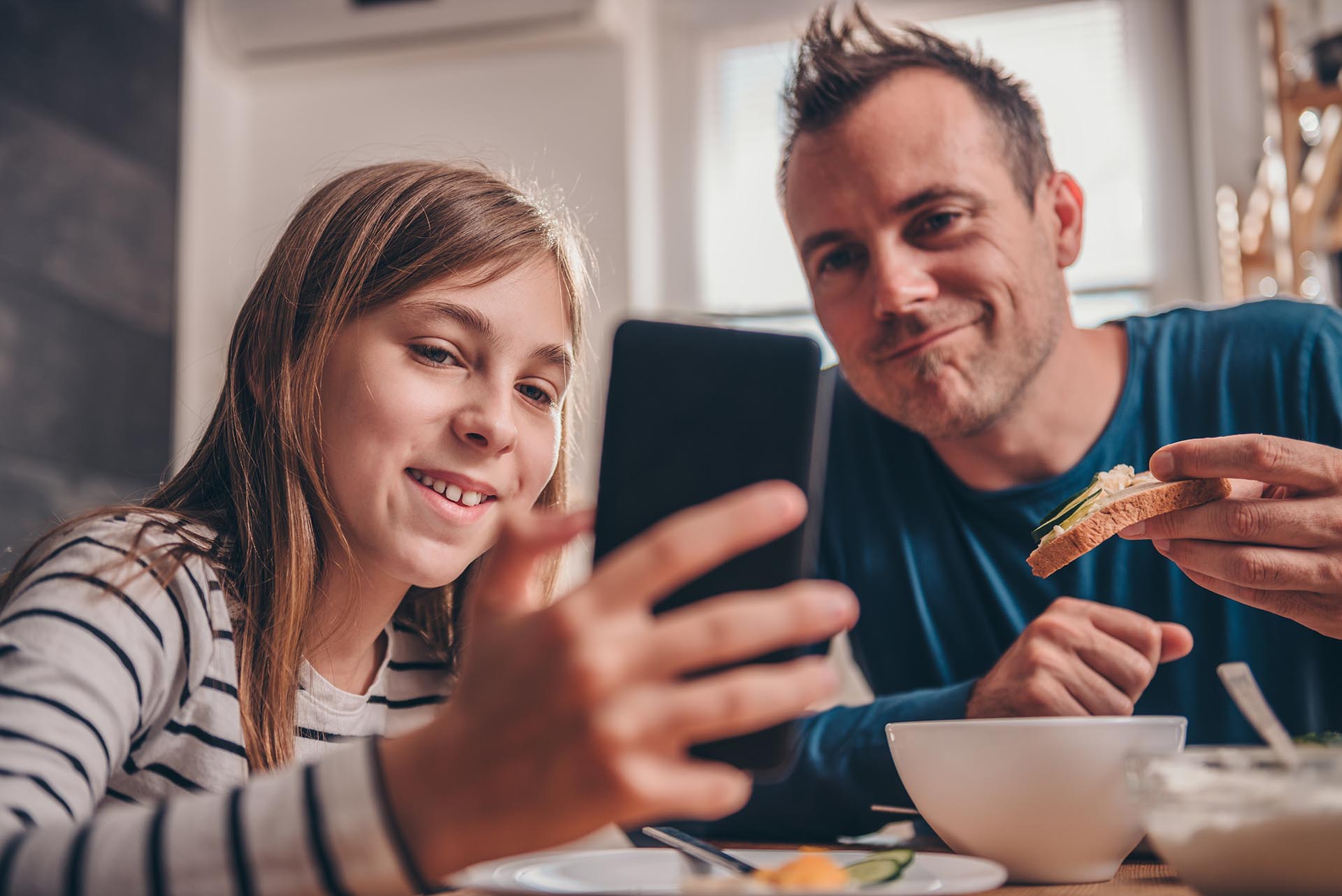How to help your child or teenager cultivate a healthy body image
What is body image?
Body image is the way you perceive your body. It’s how you picture your body in your mind, whether accurate or not, and how happy, unhappy, comfortable or uncomfortable you are with how your body looks. Body image isn’t static; it often fluctuates over a person’s life, or even over a couple of hours.
Body image can become particularly important to young people going through adolescence.
Puberty often causes young people to develop a more complicated relationship with their body, as hormones create both physical and mental changes. It’s a time when young people care about fitting in and what others think of them, especially what they look like. This isn’t helped by social media, which saturates online feeds with idealistic influencers showcasing photoshopped or unattainable bodies and expensive wardrobes.
Of course, many factors influence body image, including a person’s home life, ability, peers and friends, cultural background and more. As parents and carers, we can influence our children’s image of themselves and combat negative messages from the world around them. From teaching critical thinking to modelling good behaviour, there’s much that parents can do to be a positive influence.
Talk about the effects of puberty
It can be scary to watch your body change before your eyes! Talking to children about the changes of puberty before and while they happen can help ease their fear and create acceptance with their new body. Allow them to come to you with their concerns about their appearance, body size and shape – especially during this time. Reassure them that changes are normal, including putting on or losing weight, and that everyone develops at their own rate.
Praise them for things other than appearance
While an occasional ‘you look beautiful’ or ‘aren’t you handsome’ is fine, try to keep compliments focused on things they can do or have achieved or created themselves. Talk about how proud you are of their skills, efforts or interests. This might be praising their helpfulness, their compassion, their cleverness, a goal kicked, an award won or a project completed. You can instead compliment their style – the way they’ve put an outfit together.
- Swap ‘aren’t you gorgeous’ for ‘look how well you did on that task/test/activity’
- Swap ‘you look beautiful’ for ‘I like how you’ve styled your outfit’
- Swap ‘you’re so stunning’ for ‘I love how kind you are to others.’
- Swap ‘how handsome you are’ for ‘it’s great to see you so interested in…’
Focus on the things their body allows them to do
Talk about all the joys that come with inhabiting a body. Isn’t it nice to be able to enjoy the taste of food? Isn’t it cool how our bodies will let us climb trees or run a mile? Doesn’t it feel good to hug another person? There are many wonderful things that come with being in a human body, and you can help them see that.
Teach critical thinking when it comes to what they see
This one is so important and will set them up with skills for the rest of their life. Talk about beauty ideals and how they’re designed to be unattainable (so that you’ll buy things). Talk about how images in magazines, movies and social media have been deliberately constructed to make a person look good (like with certain angles and lighting) and how they use Photoshop (most of the time, the person doesn’t look like that in real life). Talk about how everyone has imperfections – and how imperfections are what makes us ‘us’.
Role model good behaviour
Children pick up many of their lifelong habits from home, whether they be practical habits, such as eating, or more intrinsic, intangible habits like thought patterns. Talking about how you dislike your own body or are going on some crash diet is going to send them messages about how they should relate to themselves as well. We know it can be hard, but cutting back on the ‘Have you lost weight?’ or ‘Don’t they/I look terrible?’ comments can go a long way.
Talk about diverse bodies
Bodies come in all shapes and sizes and abilities – and that’s a good thing! Talk to kids about the diversity of bodies and how it’s a positive. It would be boring if we all looked the same. And there’s no body type or physical attribute that’s ‘better’ than any others.
You might say, ‘You know, while we’re looking at this magazine/film/Instagram account, I want to talk to you about something. What do you think about the way people look in it? What are the similarities, and what are the differences? Do you think all people do – or should – look like that? The media puts forward a very narrow idea of what people should look like – one that’s unattainable. Often these people will be photoshopped; even they don’t look like this in real life. What do you think?’
Encourage healthy eating and exercising
Kids will pick up most of their eating habits and relationships to food and exercise from their parents, so healthy behaviours can and should start at home. Rather than labelling certain foods as either ‘good’ or ‘bad’, talk about the nutrition that you can get out of foods and the importance of moderation. Encourage regular physical activity not just for health, but also for enjoyment.
Monitor socials media usage
One study of 1000 people found that 87% of women and 65% of men compare their bodies to images they consume on social and traditional media. More often than not, that comparison is unfavourable. We know that social media apps like TikTok and Instagram can have a negative effect on how young people view themselves, so it might be a good idea to have limits on how much time your young person spends on these apps in a day.
Allow them to try new looks and styles
It’s normal for young people to cycle through different styles as they try to establish their identity. While we don’t want to encourage excessive focus on appearance, you can still support your young person in finding an image that’s ‘them’. Some of these new clothes or haircuts are going to be hideous to our adult eyes – and often that’s the point. But rather than saying that a look doesn’t suit them (or telling them to ‘cover up’ if they’re dressed provocatively), try to support their trying of new styles. If you have a major issue with the way they’re dressing, sit down and have a conversation where you explain your concerns, rather than just giving instructions to stop dressing like that.
What to watch out for
In teenagers, an unhealthy body image is directly related to low self-esteem, which can cause negative moods and mood swings. Likewise, low self-esteem and unhealthy body image can be risk factors for eating disorders and mental health disorders. It can be a vicious cycle. While it’s normal for a young person to be conscious of their body, there are a few signs to watch out for, including if your young person is:
- frequently criticising their body
- frequently comparing their body with others
- not wanting to wear clothes, go to events or do certain activities because of the way they look
- obsessing about weight loss or a certain part of their body
- spending an excessive amount of time looking in the mirror or taking photos (okay, we know a lot of teens spend a lot of time doing this)
- feeling obvious guilt or shame over eating certain foods
If your young person is showing one or more of the above, you might like to sit down and have a chat with them about it. Check in, see how they’re feeling, and come up with some ways you can combat these issues together. If their behaviour doesn’t change, or if you’re particularly worried, we recommend your child sees a GP and/or a counsellor or psychologist.
Further reading (and listening)
- check out our fact sheet series ‘Let’s talk’ to support parents and caregivers with their conversations at home
- THAT Sex Ed Podcast episodes, ‘Feelings – we all have them, and need to learn to live with them’ (listen here)
- A Mighty Girl: for parenting smart, confident, and courageous girls
